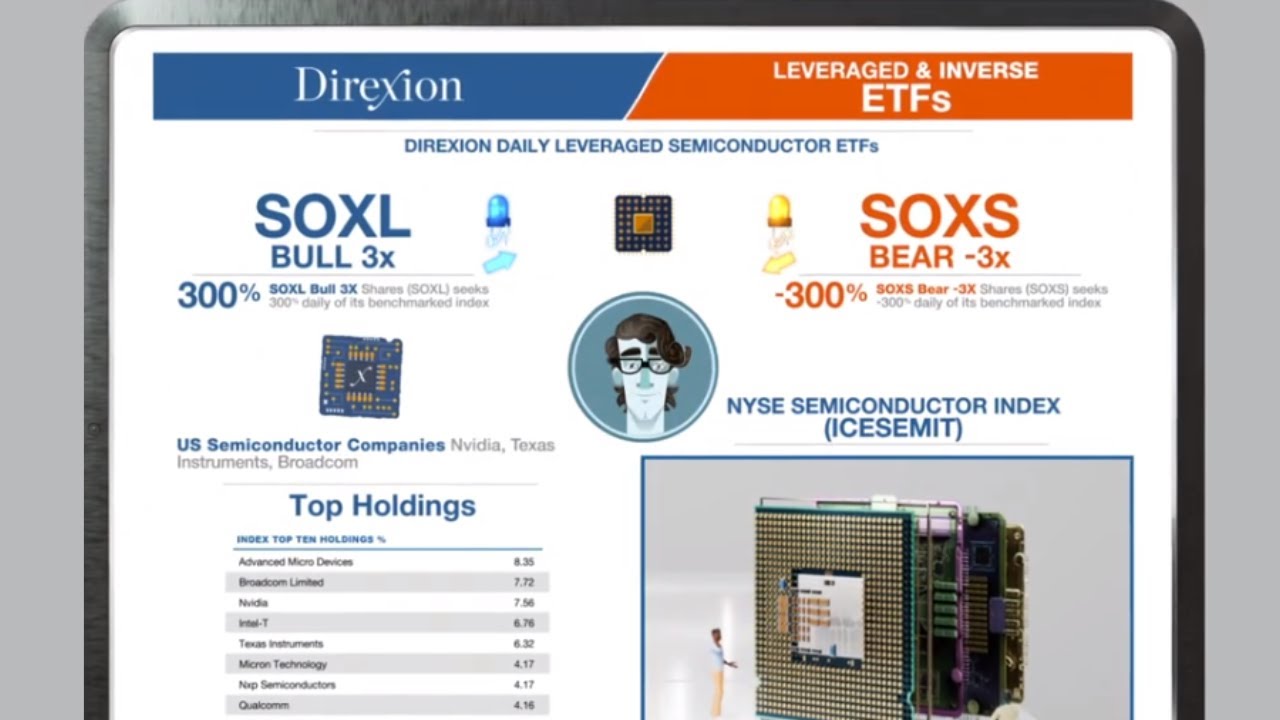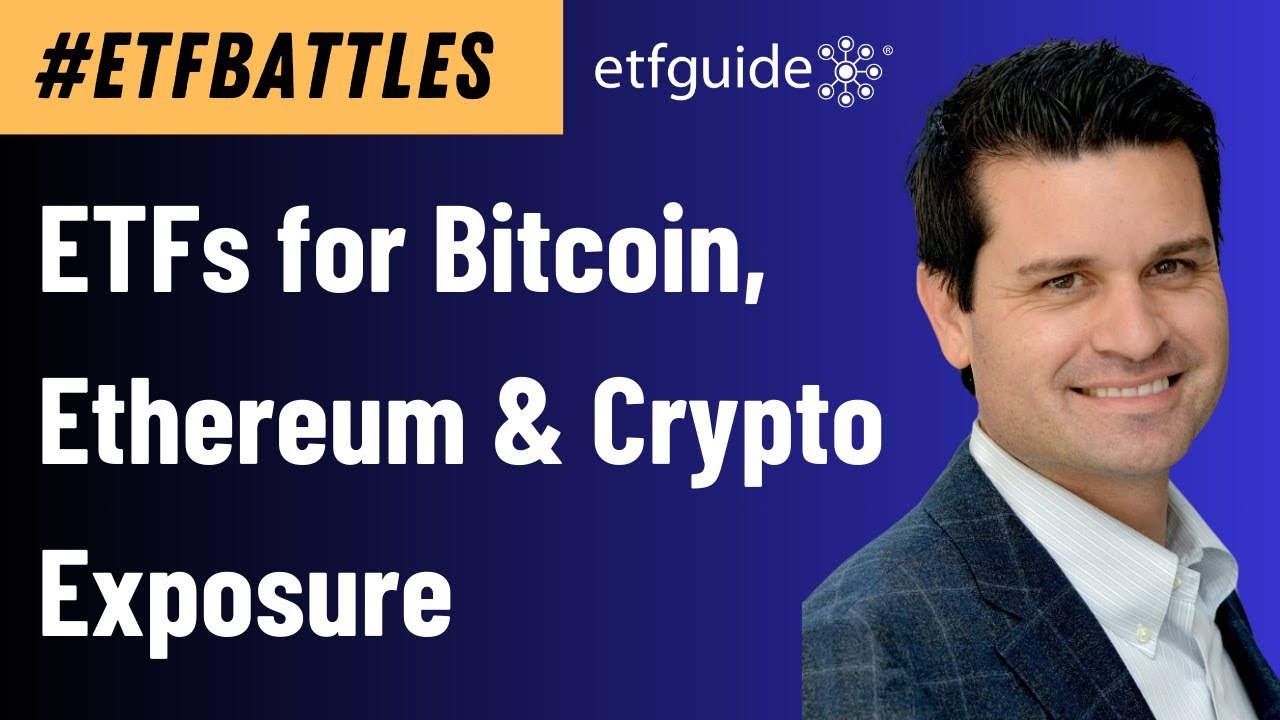Earlier this week, the Wall Street Journal (WSJ) observed a problem that our readers have long known: mutual funds have a major structural flaw that exposes shareholders to unwanted and unnecessary tax liabilities. Moreover, this flaw should be of acute interest to anybody anywhere that owns a mutual fund – even ones that purport to be “tax-efficient” – inside a taxable investment account.
As the WSJ keenly observed, the Oak Ridge Small Cap Growth Fund (Nasdaq:ORIGX) is a case study in how the problem of poor investment returns can compound into a tax nightmare for mutual fund shareholders that are left holding the bag.
(Podcast) What a Year!
Classified in the small cap growth category, the Oak Ridge Small Cap Growth Fund underperformed the Russell 2000 Growth Index and ETFs linked this index (NYSEARCA:IWO) six out of eight years from 2009 to 2016.
The raw underperformance of ORIGX not just against its peer group, but against peer small cap growth benchmarks is alarming. During the past 10 years*, IWO has gained +165.58% while ORIGX lagged with a gain of just +107.77%.
Instead of being rewarded for having a long-term view, fund shareholders that have decided to hang onto ORIGX, hoping for a rebound, have instead been badly damaged by exiting shareholders. Here’s what’s occurred: As exiting shareholders redeems their fund shares, ORIGX’s portfolio managers have in turn been forced to liquidate or sell holdings to pay off these redeeming shareholders. But wait, that’s not all. Remaining fund shareholders get stuck with the tax bill for all of these portfolio liquidations, plus the transaction cost of these sales. How bad will it be?
Remaining ORIGX shareholders will be receiving their form 1099-DIV toward the end of January and it just might trigger a heart attack in some. Around 60% ($22.77) of the fund’s Dec. 12th net asset value was distributed in the form of capital gains. Form 1099-DIV is sent by mutual funds to report capital gains, dividends, and interest income that are received and paid to investors who hold their fund shares in non-retirement accounts.
The fact that investors who own mutual funds in a taxable account could be negatively impacted by the behavior or activity of fellow shareholders is an enormous flaw that is not well understood by the investing public. Even with index mutual funds and tax-managed funds that attempt to minimize the damage of taxes, a tidal wave of shareholder redemptions during extreme market conditions could end up becoming a tax headache for remaining shareholders. Instead of waiting to see what happens, prudent investors anticipate the risk and shelter themselves ahead of time. And shifting money away from mutual funds into ETFs is certainly a viable tax sheltering strategy.
While not all ETFs are necessarily well-managed from a tax angle, funds with a large asset base linked to broadly diversified traditional indexes have consistently delivered on the promise of minimal year-to-year tax liabilities. As proof, around 25 ETF issuers had no capital gains distributions in 2017, which is an amazing feat. And many ETFs have not distributed capital gains for years!
For the record, ETFs are not immune to untimely capital gains distributions or taxes. While generally a rare event, this can nonetheless occur due to a variety of factors like portfolio rebalancing or high turnover. Also, some bond funds use cash transactions versus doing in-kind redemptions thereby adding to the possibility of shareholder tax burdens.
In summary, the significant tax advantage of ETFs over mutual funds cannot be overstated. In some circles, it’s become such a hot button for ETF critics, they now claim ETF products have an unfair advantage with tax rules that should be changed or reversed. In a white paper titled, “The Great ETF Tax-Swindle: the Taxation of In-Kind Redemptions” by Jeffrey M. Colon at Fordham University School of Law, the author begs for greater scrutiny of how ETFs are taxed. Will he get his wish?
In the meantime, ETF shareholders will continue to enjoy the wonderful benefits of rare or no capital gains distributions and minimal tax surprises. Avoiding the mutual fund tax trap has never been so easy!
*Figures are cumulative, don’t include dividends and through the 1/9/18 market close



